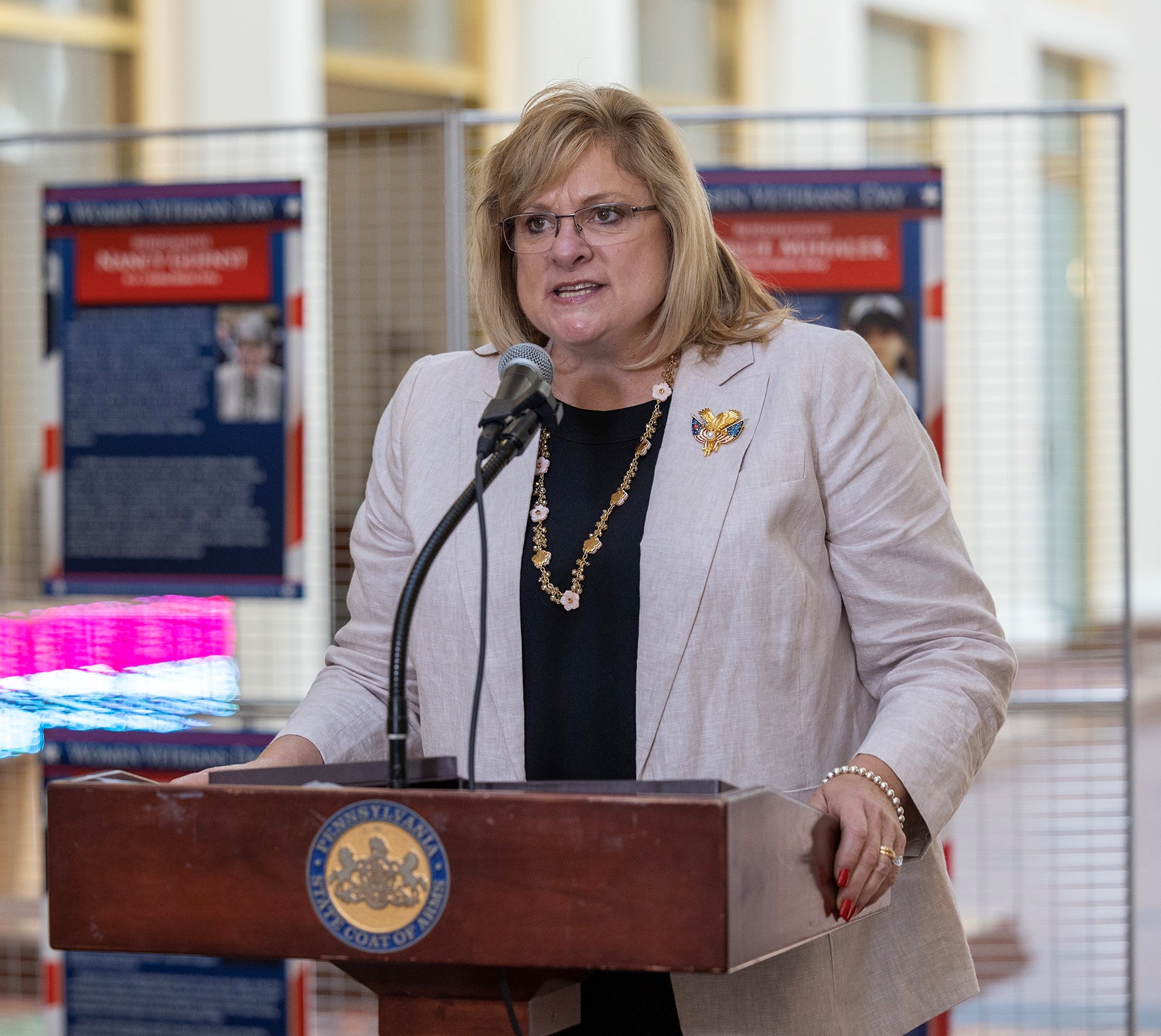The Bucks County Emergency Services Center CAD system spent nine days offline last month after hackers crashed it. Delaware County had a security breach in 2020. Hackers targeted the Aliquippa Water Authority in western Pennsylvania in November and disabled pressure monitoring equipment. And over the weekend, Pennsylvania’s court system was hit with a disabling cyber […]

